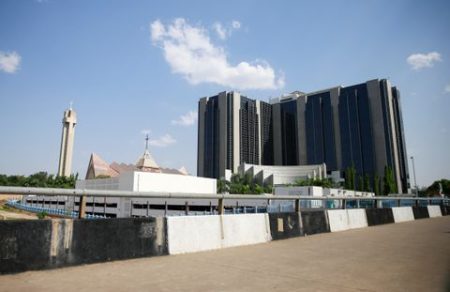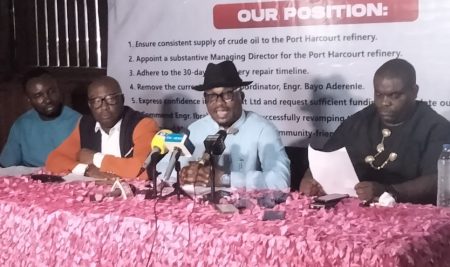
… list of power projects ongoing
OpeOluwani Akintayo
22 July 2017, Sweetcrude, Lagos — There is no real problem in buying and installing a power plant because it is not different from buying and installing a generator in your home.
The problem starts when you cannot get diesel or petrol, just as Nigeria sometimes usually do not have enough gas supply either because of production shortages or vandalism.
The problem with your generator starts when you have to connect your neighbour, and issues arise as to how you share the cost or what appliances your neighbour or even your family can switch on when the generator is running, especially if it is not a very big one, in order to avoid damage.
The problem arises when the generator needs maintenance or repairs.
Can you use it during repairs if you do not have a backup?
What is true of the generators you install at home, is essentially true of the power plants Nigeria has.
Those plants are nothing more than big generators.
They are connected through 330KV wires, 132 KV wires, 33KV wires and 11 KV wires that transmit the power from the plant, carrying them across several hundreds of kilometres, injecting and sending them through about 183 sub-stations to the distribution companies before they get to homes, offices, schools and so on.
In the process, wires snap, equipment get damaged either by us or by natural wear and tear and requires replacement. Most of which have to be imported because Nigeria does not have enough as backups. This means that power generated and transmitted would always drop whenever power plants break down because they won’t be available during repairs.
So, where lies Nigeria’s hope for incremental power?
According to Minister for Power, Babatunde Fashola, in order to get incremental power therefore, the Federal Government has “resolved to use all our sustainable energy sources like hydro, gas, wind, solar, and coal”.
He said work is ongoing at the following :
For Hydro –
a) Zungeru Hydro plant in Niger for 700 MW
b) Kashimbilla Hydro plant in Taraba for 40 MW
c) Dadin Kowa Hydro plant in Gombe for 29 MW
d) Gurara Hydro plant Nigeria for 30 MW
e) Later this year work should start on Mambilla Hydro for 3,050 MW
As for gas plants, there are many already such as:
Egbin 1,320
Geregu I & II
Omotosho I
Omotosho II
Olorunsogo I
Olorunsogo II
Alaoji
Ibom
Calabar
Ughelli, to mention just a few, all of which are challenged by Debts owed from the previous administrations, lack of sufficient gas or vandalism of existing gas lines or a combination of them.
Gas supply is the responsibility of the Ministry of Petroleum Resources and its parastatals like NNPC, Nigerian Gas Company and others.
“We are working with them to improve on supply of gas to these plants to ensure that their redundant capacities and idle turbines come back into operation to produce electricity”.
“We have just concluded repairs on Afam IV Power Plant that was plagued by a damaged transformer which we replaced in order to restore 100 MW of gas fired power to the grid”.
“Simultaneously there is a Presidential initiative with General Electric through our Ministry to deliver 240 MW of emergency power to the site of Afam III using the existing gas resources there”.
According to him, turbines are already in country and installation should be complete within year.
As for wind energy, the Ministry is completing the abandoned 10MW Katsina wind farm project to pilot wind energy development and if sustainable, it will be expand.
There is no recorded coal power production in Nigeria today. The last one at Orji River Coal Power Plant in Enugu built by the colonial government had been dismantled.
“But we are working with a group that shows the commitment to deliver up to 3,000MW of coal power in the Benue/Kogi belt where there are proven and sustainable deposits of coal about 20 kilometres from the intended power site”.
Solar power presents the real window of opportunity to quickly increase power and also give people access.
“We have shown that we can deliver solar by completing the 1.2MW solar project in the lower Usman Dam area. We have signed power purchase agreements with 14 developers who potentially can deliver 1,125 MW of solar.
We are partnering with Jigawa state to deliver about 1,000 MW of solar power at a site of 2,000 hectares already delivered to us by the state government. The project is at design and preparation stage” he said.
He also said FG had completed the energy audit to deliver independent power to 37 universities and 7 teaching hospitals and one of them is the University of Lagos.
Fashola said 27 of those plants will be solar plants.



